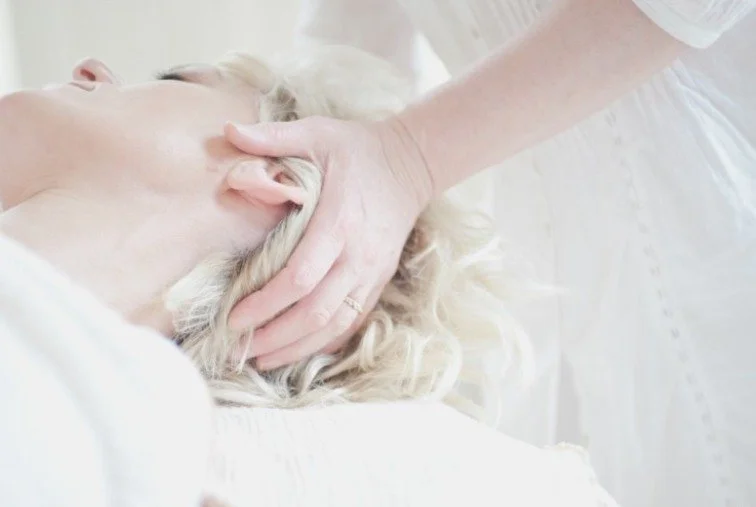Building Paradise with Purpose from NYC to DR
After years shaping healthcare innovation at companies like Microsoft, IBM Watson, and Salesforce, Kathy Gladys Colon found herself splitting her time between New York and the Dominican Republic while caring for a loved one. She fell in love with the island’s natural beauty, but quickly grew frustrated by the complexities of finding, purchasing, and furnishing a home there. That frustration sparked the vision for Nova Lux DR Properties: a concierge-level real estate firm seamlessly blending the values of health, wellness, and global business with hands-on, white-glove service.
Wellness as Infrastructure
What if real estate were designed with health in mind and not just prestige? That’s the question Kathy Colón began asking after years spent navigating both the fast-paced corporate world of healthcare in New York and the more grounded, nature-connected lifestyle of the Dominican Republic. For her, the contrast was eye-opening.
“In New York, we’re used to living on top of each other with little light, lots of noise, no breathing room,” Colón says. “But in the DR, I started to understand what it really meant to live in a space that supports your well-being. It changes everything.”
At Nova Lux DR Properties, the company she founded to bridge those two worlds, wellness is an amenity that is baked into the foundation. Homes are designed with biophilic principles that maximize natural airflow, daylight, and green views. Every layout is created to flow with how people actually live: open kitchens for healthy cooking, quiet corners for reflection, and wide, walkable spaces that invite movement.
Materials are chosen with care including low-VOC finishes, natural textures, and calming tones that support mental clarity and relaxation. And as the population ages, Colón’s team is thinking long-term: step-free entrances, first-floor bedrooms, and flex spaces make the homes adaptable without sacrificing style.
“You don’t need to wait until you’re retired to invest in your health. New Yorkers are proactive and focused on results,” she says. “They understand that wellness should be part of your everyday infrastructure. A home should work with you, not against you.”
Boutique Hospitality with Purpose
Over the past few years, a quiet shift has taken place in the way people think about second homes. Travelers and buyers alike are moving away from showy vacation estates and gravitating toward something more meaningful like boutique properties that reflect their values and offer a deeper sense of place. These homes feel lived-in, not staged. Whether the design leans tropical, coastal, or clean-lined modern, the thread is the same: comfort, intentionality, and calm.
This demand is helping reshape the high-end real estate market in the Dominican Republic, where private villas are an escape from city life and have become long-term lifestyle investments. In areas like Punta Cana, Cabarete, and Las Terrenas, buyers are prioritizing homes that allow them to work remotely, raise children, host friends, and age in place all under the Caribbean sun.
They’re also looking for properties that build equity and well-being in equal measure.
“Design is becoming less about flash and more about overall wellness,” says Kathy Colón, founder of Nova Lux DR Properties. “We’re creating spaces that not only look good but make people feel good. Homes that flow with your daily rhythm, reduce stress, and adapt to your life over time. That’s the new definition of luxury.”
Investment Strategy Meets Lifestyle
For years, the Dominican Republic has been a favorite for vacationers. Now, it’s quickly becoming one of the most attractive international markets for those looking to blend lifestyle and investment. Much of that momentum is driven by a rare mix of financial incentives and long-term stability.
Through the government’s CONFOTUR program, foreign buyers can receive up to 15 years of property tax exemptions, along with income tax breaks and capital gains relief. There are benefits that outpace what’s typically available in the U.S. or Europe. “It’s one of the most investor-friendly programs in the region,” says Kathy Colón. “It opens the door to smart ownership without the usual red tape.”
Rental returns are also drawing attention. In the second quarter of 2024, average gross yields across the DR hit 6.74%, with top-performing areas like Punta Cana pushing close to, or even surpassing, 15%. With over 11 million visitors arriving in 2024 alone, tourism is setting new records and fueling strong demand for high-end short-term rentals.










